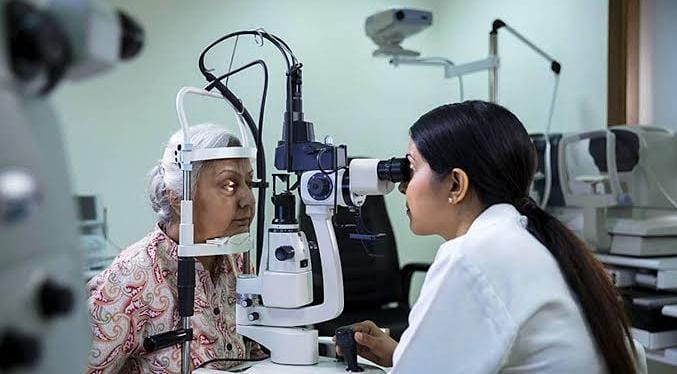
At an event hosted by Global Kashmiri Connect on Sunday, prominent Kashmiri clinical researchers and scientists shared insights into how locally informed medical research is revolutionizing healthcare for the people of Kashmir, while also influencing global health practices.
Esteemed medical professionals such as Dr Mohammad Sultan Khuroo, Dr Abdul Hamid Zargar, Dr Parvaiz Koul, Dr Upendra Koul, Dr Javeed Iqbal, and Dr Nargis Bali Kaur engaged with medical students and young professionals, discussing their groundbreaking contributions across various medical specialties, from gastroenterology and endocrinology to microbiology.
Together, these six researchers have published nearly 2,000 scientific papers, creating a wealth of knowledge grounded in the unique healthcare challenges of Kashmir.
Their approach—emphasizing the use of locally sourced data—has led to the development of disease prevention, treatment, and control strategies tailored specifically to the region.
This not only improves healthcare for their communities but also serves as a model for other regions looking to combine local relevance with global health standards.
Dr Mohammad Sultan Khuroo, a trailblazer in gastroenterology, is globally recognized for his discovery of Hepatitis E, a breakthrough that reshaped the understanding and treatment of viral hepatitis worldwide.
Educated in Kashmir and with a DM in Gastroenterology from PGIMER Chandigarh, Dr Khuroo made significant contributions at the Sher-I-Kashmir Institute of Medical Sciences (SKIMS), where he pioneered the PAIR technique for hydatid cysts.
His work also led to the development of liver transplant programs in Saudi Arabia, and upon his return to Kashmir, he established the Digestive Diseases Centre to serve local needs and train future medical professionals.
Dr Abdul Hamid Zargar, an expert endocrinologist, has been instrumental in studying iodine deficiency and its link to thyroid disorders in Kashmir.
His research, spanning over 200 villages, uncovered widespread iodine deficiency, leading to vital public health interventions addressing disorders like Sheehan’s syndrome.
His work on primary infertility and postpartum pituitary insufficiency has highlighted environmental health risks, providing a framework for similar health challenges in other iodine-deficient regions.
Dr Parvaiz Koul, a pulmonology and infectious disease specialist, has shaped Kashmir’s respiratory healthcare landscape.
Recently retired as Director of SKIMS, Dr Koul’s research on respiratory diseases, including COPD and influenza, has had a significant impact.
His collaborations with international health bodies such as the WHO and CDC have helped integrate local data with global trends, positioning Kashmir as a key player in respiratory health research.
Dr Upendra Koul, a renowned cardiologist, has brought world-class heart care to Kashmir with two clinics, including the Gauri Heart Centre in Srinagar.
Known for his efforts in accessible cardiology, Dr Koul’s NGO, the Gauri Kaul Foundation, focuses on heart health and prevention in South Kashmir.
His innovative cardiac interventions have earned recognition both domestically and internationally, blending his Kashmiri roots with his contributions to global heart health.
Dr Javeed Iqbal, a pediatric pulmonologist, has made major strides in treating childhood respiratory diseases.
His establishment of labs for thiamine estimation and sweat chloride testing has positioned Kashmir as a regional leader in pediatric respiratory care.
Dr Iqbal’s research on cystic fibrosis and pediatric bronchoscopy continues to expand understanding of the genetic and environmental factors influencing child health in Kashmir.
Dr Nargis Bali Kaur, a microbiologist, has been at the forefront of infection control and antimicrobial resistance research.
Since joining SKIMS in 2018, Dr Kaur’s early work on influenza viruses has shaped her leadership role in infection control during the COVID-19 pandemic.
Her research underscores the critical importance of microbiology in evidence-based medicine, driving advancements in pandemic preparedness and response, while mentoring the next generation of microbiologists.
Despite facing the challenges of healthcare delivery in low-to-middle-income regions, these researchers have significantly advanced medical science in Kashmir while addressing local health disparities.
Their legacy includes the training and mentorship of numerous young doctors, instilling a spirit of inquiry and community-driven research.
Through their work, these clinicians hope to inspire future leaders who can continue advancing Kashmir’s role in global health.
Their unique blend of local insights and global standards exemplifies how context-specific healthcare solutions can improve patient outcomes and drive medical innovation worldwide.




